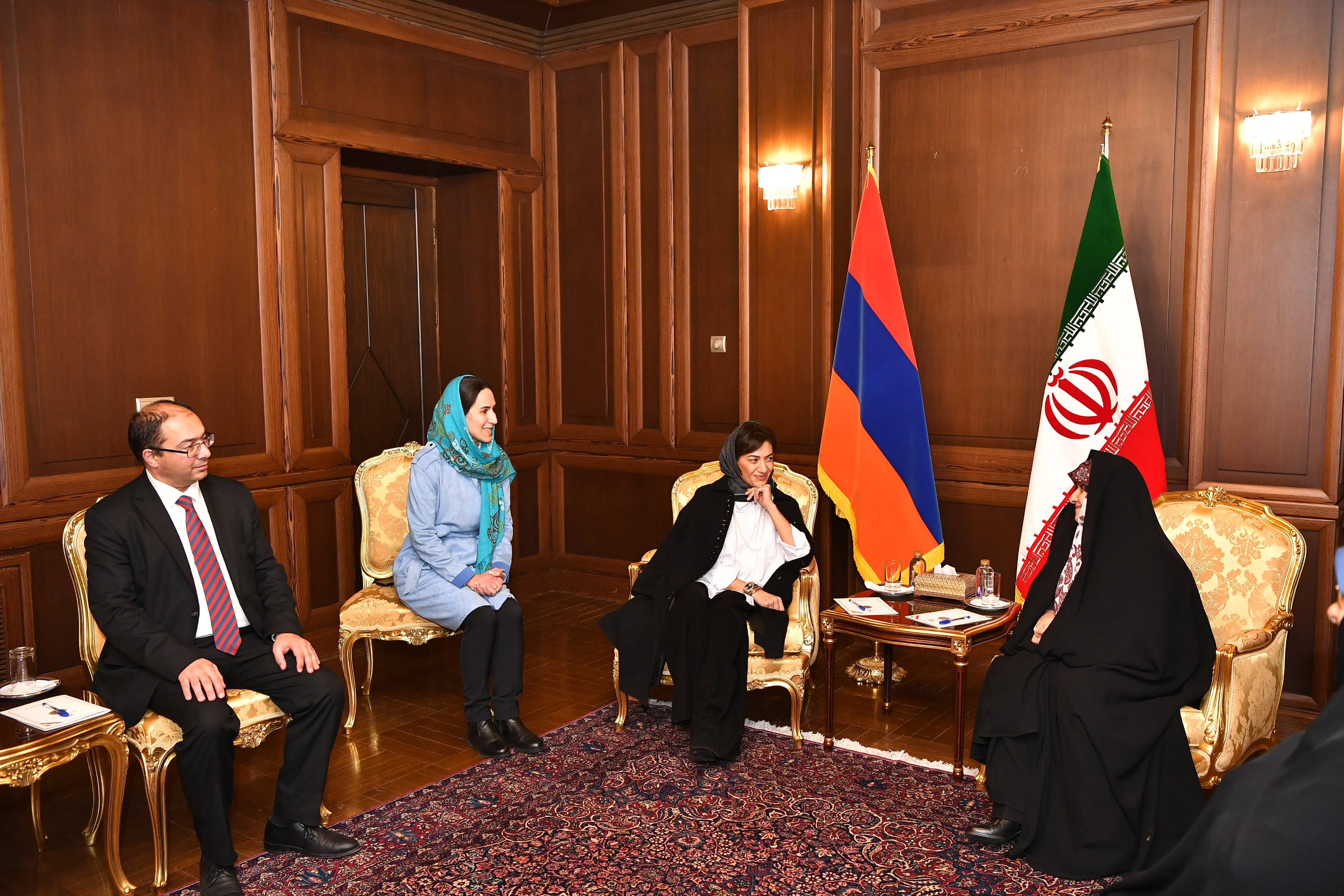
The Death of General Hossein Salami Amid Rising Israel-Iran Tensions
Today marks a dramatic and somber turning point in the escalating conflict between Israel and Iran. In a bold and unprecedented military operation, Israeli forces launched direct airstrikes on key Iranian military and strategic locations overnight. One of the most shocking outcomes of this assault was the confirmed death of Major General Hossein Salami, the commander-in-chief of Iran's Islamic Revolutionary Guard Corps (IRGC). This event is not only symbolic but also deeply destabilizing, both domestically within Iran and across the broader Middle East.
According to Iranian state media and various international outlets, General Salami was killed in an Israeli strike as part of a broader campaign named “Operation Rising Lion,” initiated by Israeli Prime Minister Benjamin Netanyahu. This operation, as Netanyahu stated, was launched to neutralize what he described as an “immediate existential threat” posed by Iran's expanding nuclear capabilities and military influence across the region. He vowed that the campaign would continue “as long as necessary.”
Also Read:- Israel Strikes Iran in Unprecedented Attack, Killing Top Commander and Hitting Nuclear Sites
- Oilers Face Pivotal Game 4 as Panthers Push for Back-to-Back Stanley Cups
The Israeli military confirmed that several fighter jets executed the first phase of air raids, targeting multiple sites across Tehran, particularly areas believed to host nuclear facilities and IRGC command centers. Loud explosions echoed through the night in the eastern and northern districts of Tehran, rattling windows and residents alike. Eyewitnesses recounted being awakened by deafening blasts and flashes of light illuminating the skyline. The chaos was particularly intense in neighborhoods close to military installations, where fire and rescue teams were seen navigating through the wreckage.
The confirmed deaths of other high-ranking Iranian figures, such as Fereydoon Abbasi, former head of Iran’s Atomic Energy Organization, and Mehdi Tehranchi, head of Islamic Azad University, further underline the scale and precision of the Israeli assault. These weren’t random airstrikes — they were targeted assassinations of influential figures within Iran’s nuclear and military establishment.
Iranian airspace has since been closed indefinitely, and while officials deny damage to major civilian infrastructure like Imam Khomeini Airport, the country is clearly in a state of emergency. International reactions have been swift. Australia and other nations have called for de-escalation, warning that the Middle East cannot afford another full-scale war. Meanwhile, the United States has publicly distanced itself from the operation, reiterating that it had no role in the strikes.
The assassination of General Hossein Salami marks a profound moment in this conflict. As the highest-ranking IRGC commander, his death is not only a blow to Iran’s military structure but also a major psychological hit to its leadership. It sends a direct message from Israel: the red lines have shifted. This development could very well be the start of a broader and more dangerous phase of confrontation, one where retaliation may no longer be measured or diplomatic.
In this atmosphere of uncertainty, one thing is clear — the geopolitical stakes have just been raised dramatically. The death of Hossein Salami is more than just a military loss for Iran. It's a signal that we may be on the brink of a new chapter of conflict that could reshape the entire Middle Eastern landscape.
Read More:



0 Comments